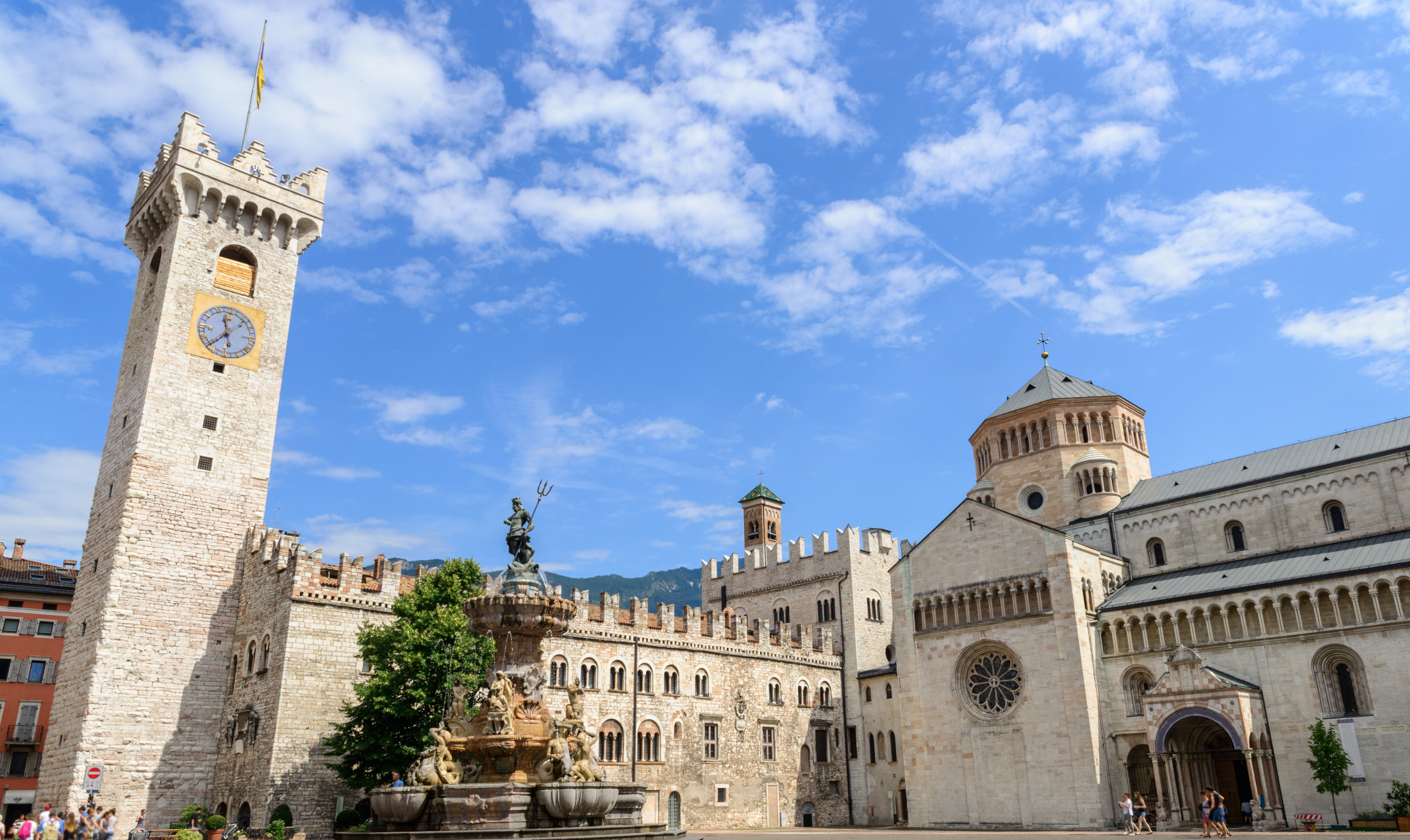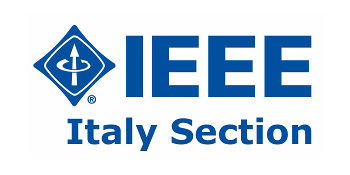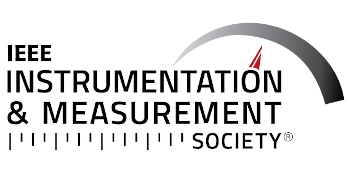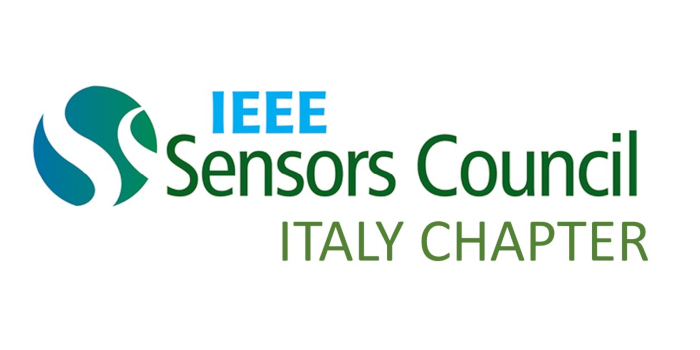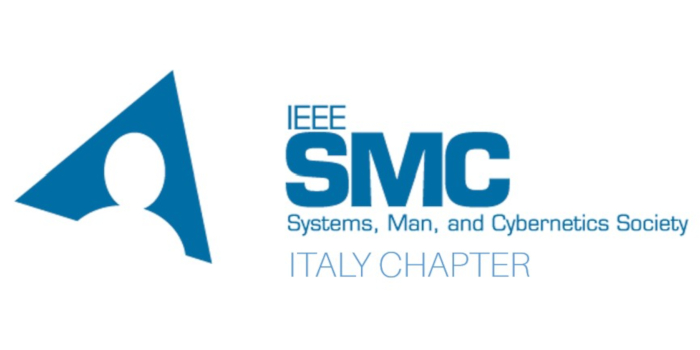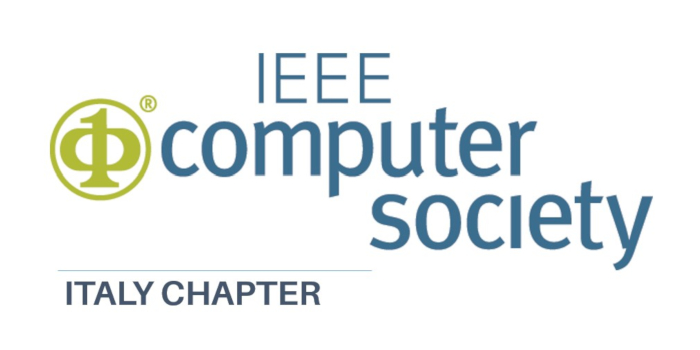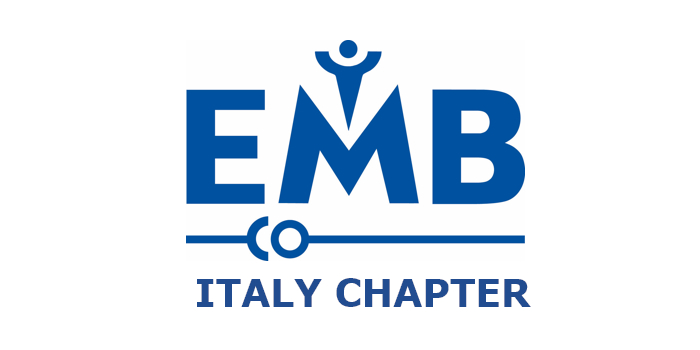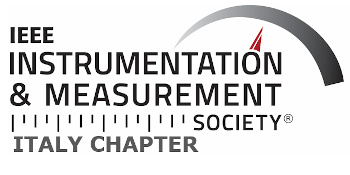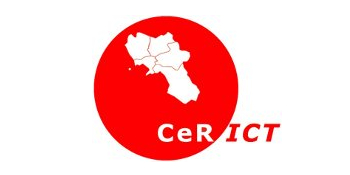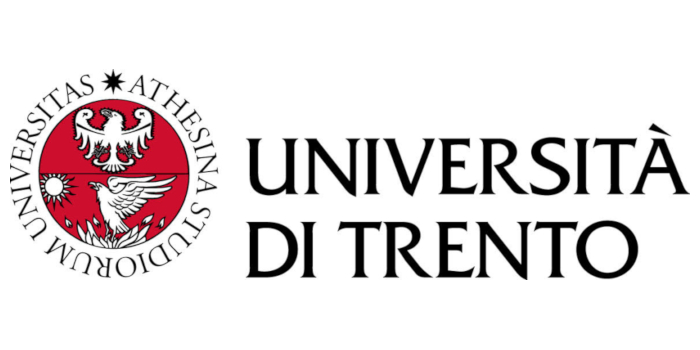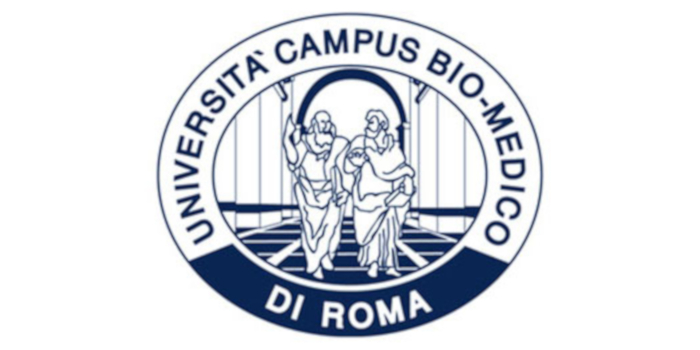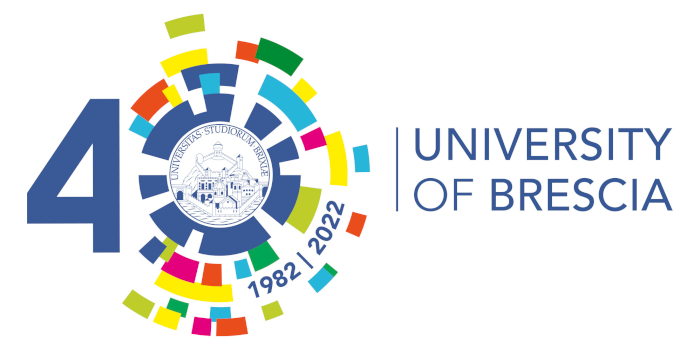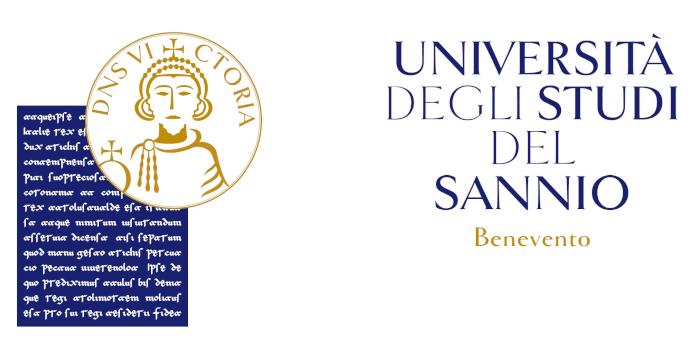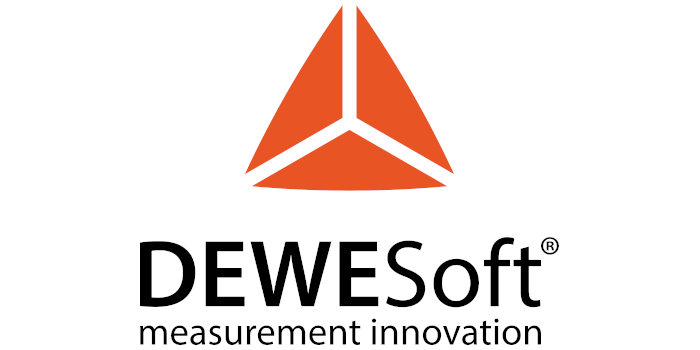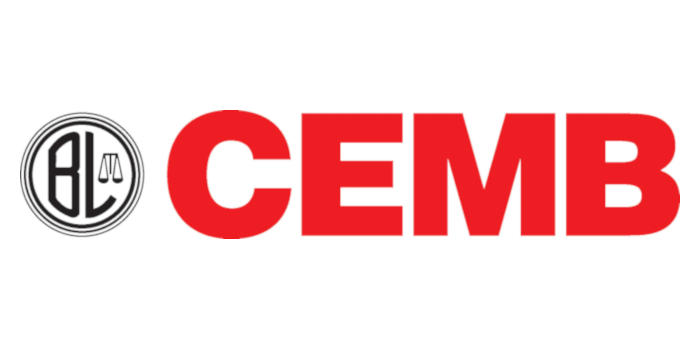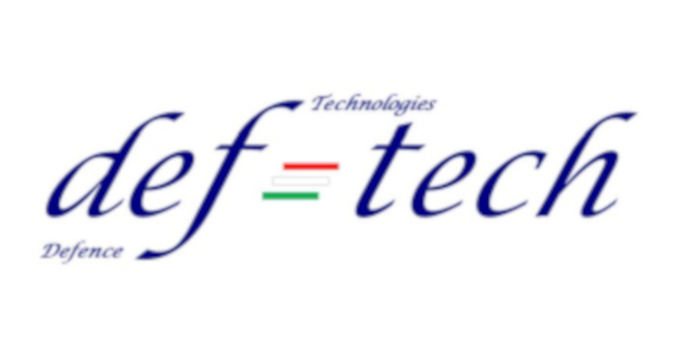IoT Applications to Urban Mobility (IoT&Mobility)
ORGANIZED BY
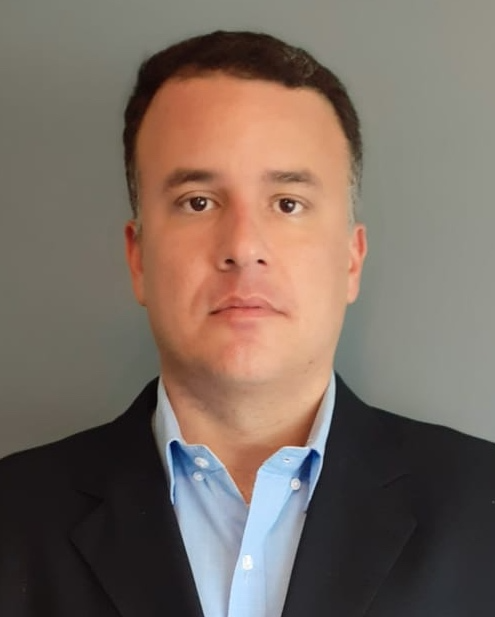
Raphael Machado
Inmetro and UFF
.png)
Wilson Melo Júnior
Inmetro
ABSTRACT
Urban mobility is about the movement of people and goods through a city. This movement requires a complex infrastructure that involves parking spaces, streets, highways, individual and public transports of distinct modes. The Internet of Things can be an extraordinary tool to provide visibility on this infrastructure, hence improving its efficiency.
TOPICS
In this sense, IoT&Mobility seeks original contributions on the following themes:
- IoT-based Intelligent Transportation Systems (ITS);
- Drivers stress, drowsing, or drunkenness detection using onboard IoT;
- Vehicular active safety systems using sensors and crowdsensing;
- Urban crowdsourcing for mobility;
- Business models for urban crowdsourcing platforms;
- Vehicles telemetry using IoT;
- Air pollution monitoring using vehicular embedded sensors;
- Smart parking systems;
- Smart traffic management systems;
- IoT-based anti-theft systems;
- IoT for pedestrian and cyclists safety;
- Uncertainty, precision, and accuracy of vehicular embedded sensors;
- Human-Machine interfaces for vehicular IoT-based applications.
ABOUT THE ORGANIZERS
Raphael Machado is a Researcher at Inmetro (National Institute of Metrology, Quality, and Technology), and Professor at Fluminense Federal University, in Rio de Janeiro, Brazil. He holds a Ph.D. in Systems and Computer Engineering and co-authored more than one hundred scientific papers in journals and conferences. He obtained several grants and prizes, including the FAPERJ Rio de Janeiro Young Scientist Grant and the CNPq Research Productivity Grant. He organized several national and international conferences and workshops in Computer Science.
Wilson S. Melo, Jr holds a Ph.D. in Informatics at the Federal University of Rio de Janeiro (2018), received the M.Sc. degree in Industrial Informatics at the Technological Federal University of Paraná (2003), and graduated in Computer Sciences at the State University of Maringá (2000). He currently works as a Researcher at the Brazilian National Institute of Metrology, Quality, and Technology (Inmetro). Since 2019, he is also a Lecturer in the Inmetro's Metrology Post Graduation Program (PPGM). His interest areas include information security, software protection, physical authentication, and blockchains.
